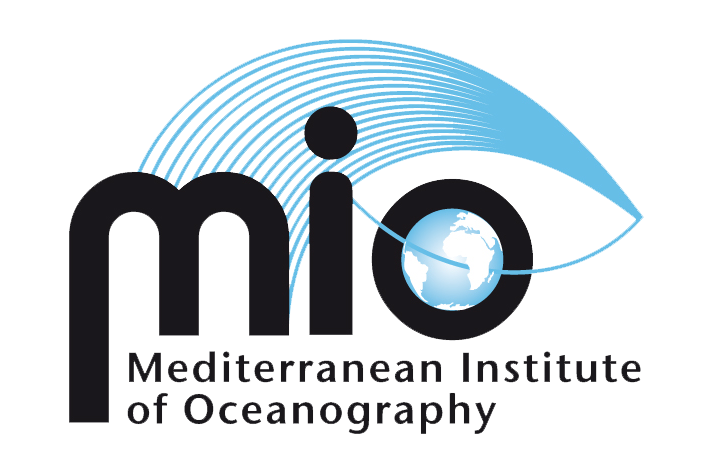New autonomous robots to better observe the ocean
Winner of the first wave of the EQUIPEX call for projects "Equipments of Excellence" launched as part of the "Grand emprunt", the NAOS (Novel Argo Observing System) project co-piloted by Ifremer and Sorbonne University held its final meeting on September 17. The project received 8 million euros in funding from the French National Research Agency and ran from 2011 to 2020: 10 years of development that have enabled France and Europe to acquire a new generation of autonomous Argo robots capable of meeting the future challenges of ocean observation.
The international Argo program and its European and French contributions
Thanks to its 4,000 profiling floats (small autonomous robots) that measure temperature and salinity from the surface down to 2,000 meters deep across the oceans, the international Argo program, which brings together nearly 30 countries, has revolutionized global ocean observation. It is the world's first real-time, in situ global ocean observation network, the indispensable complement to satellite measurements to observe, understand and predict climate change and characterize the impact of climate change on the physico-chemical properties of the ocean and on marine ecosystems.
A legal structure (Euro-Argo ERIC) was set up in 2014 to organize the European contribution to the network. It is coordinated by France and brings together 12 European countries. The French contribution to the ERIC Euro-Argo (Argo France) is a Very Large Research Infrastructure (TGIR) of the Ministry of Higher Education, Research and Innovation (MESRI). Argo France includes the activities of coordination, purchase and deployment of floats, data processing and interface with the user community. France contributes around 10% of the global network and hosts one of the two global processing centers (Coriolis data center operated by Ifremer).
Maintaining the Argo network over the coming decades is a major scientific challenge. During his opening speech at the 15th edition of the Assises de l'Economie de la Mer, the President of the French Republic himself recalled the importance of Argo for ocean and climate research.
The Equipex NAOS project: strengthening the French contribution to the European network
Improving our knowledge of the ocean's role in climate also requires new observation tools. To meet these needs, NAOS has developed and validated the new generation of Argo profiling floats: floats that are more durable, more "intelligent", able to carry more sensors (especially for marine biogeochemistry) and to reach the most remote areas of the ocean such as the deepest depths (4000 m) and the polar regions.
Based on the technical and scientific experience of the NAOS consortium, three pilot experiments have been carried out:
To monitor and better understand the biogeochemical state of the Mediterranean Sea. As a fragile basin, subjected to unparalleled anthropogenic pressure, the Mediterranean was the ideal "playground" to demonstrate the effectiveness of NAOS profiling floats equipped with biogeochemical sensors as scientific instruments of excellence.
Exploring the dynamics of phytoplankton under the Arctic polar ice. Among the most hostile natural environments on the planet, the Arctic plays a critical role in the climate machine. Under the ice, life has adapted to it and phytoplankton has found an ecological niche that is very difficult to observe. Floats, developed under NAOS funding, capable of "wintering" under the ice and resurfacing when the ice melts, have been deployed there, with a strong partnership with Canadian teams specializing in the region.
Observing the deep dynamics of the Atlantic Ocean. In the North Atlantic, the deep diving of surface waters is the main "engine" of the global ocean circulation and the storage of excess heat and CO2 due to human activities, thus contributing to the ocean's regulatory role on climate. NAOS floats capable of reaching these deep layers have been deployed there to study the still largely unknown ocean circulation and its role in the redistribution of climate signals. The floats were also equipped with oxygen sensors to monitor and understand the ocean's capacity to oxygenate its deepest layers.
Major technological and scientific advances
A strengthening of France's contribution to the international Argo network. Deployment of 100 floats over the 2011-2019 period. France's contribution to the network is now 10% and represents more than 30% of European efforts.
Significantly increased performance (lifetime, reliability) for the new generation of French Argo floats.

